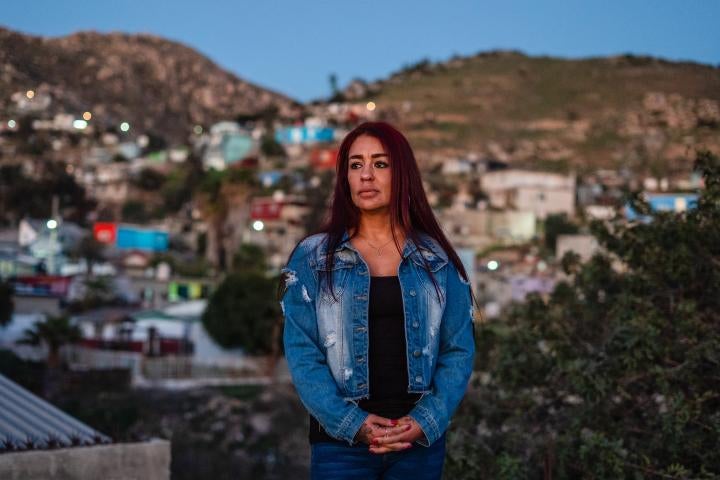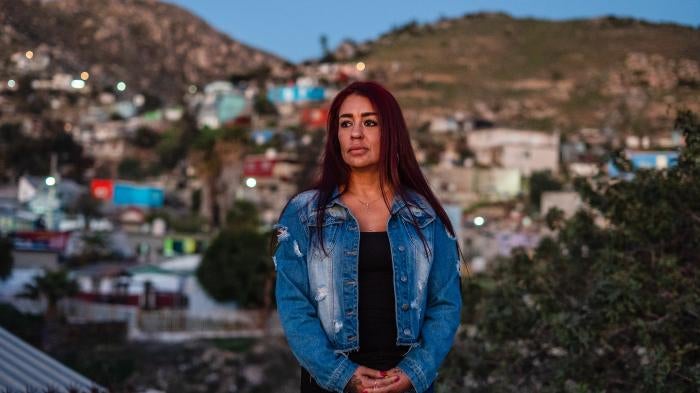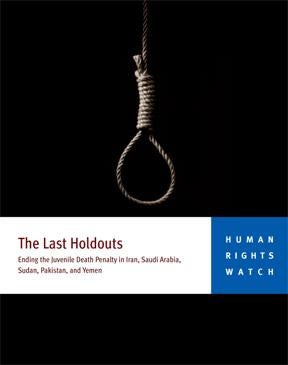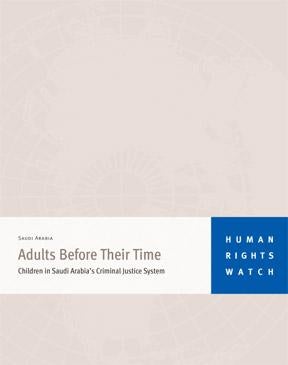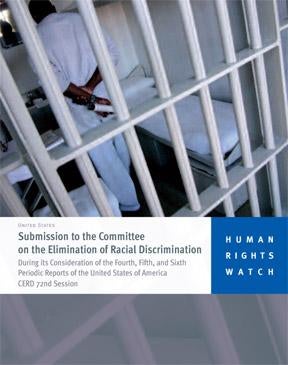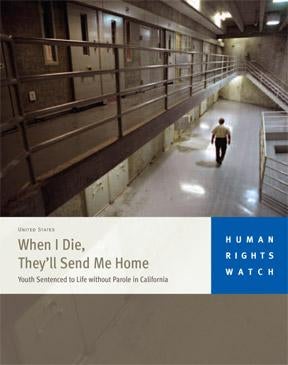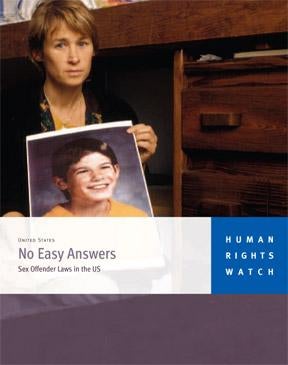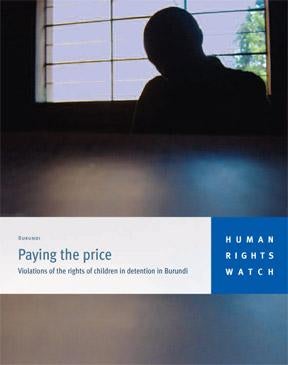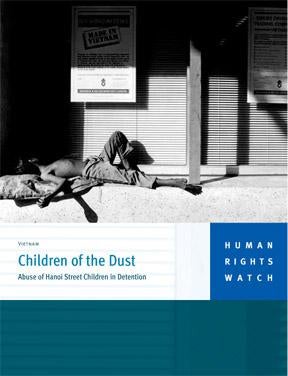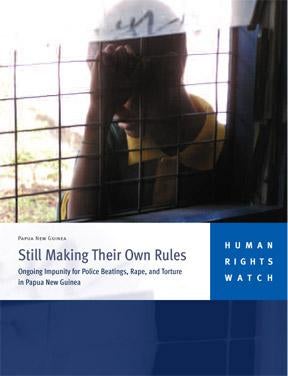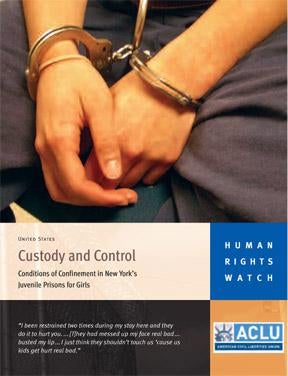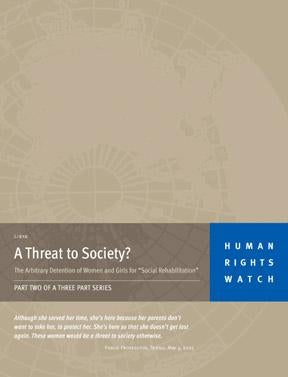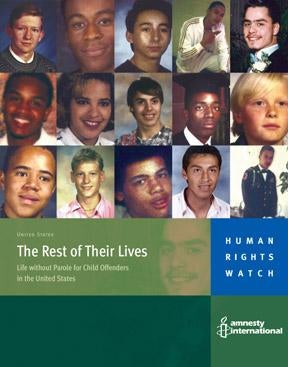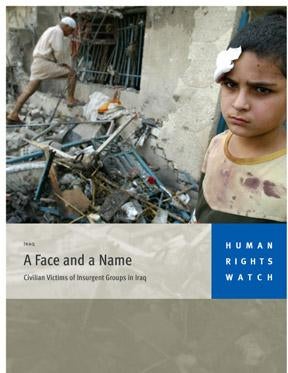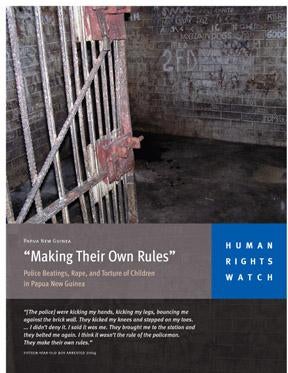“I Just Want to Give Back”: The Reintegration of People Sentenced to Life Without Parole
In recent years, less than 4 percent of people sentenced to life without parole in California have been released due to changes in state law and executive power. At the time research began, there were only 143 people who fit this description. This report focuses on the historic release of these individuals and examines the positive contributions they have made with their second chances.
